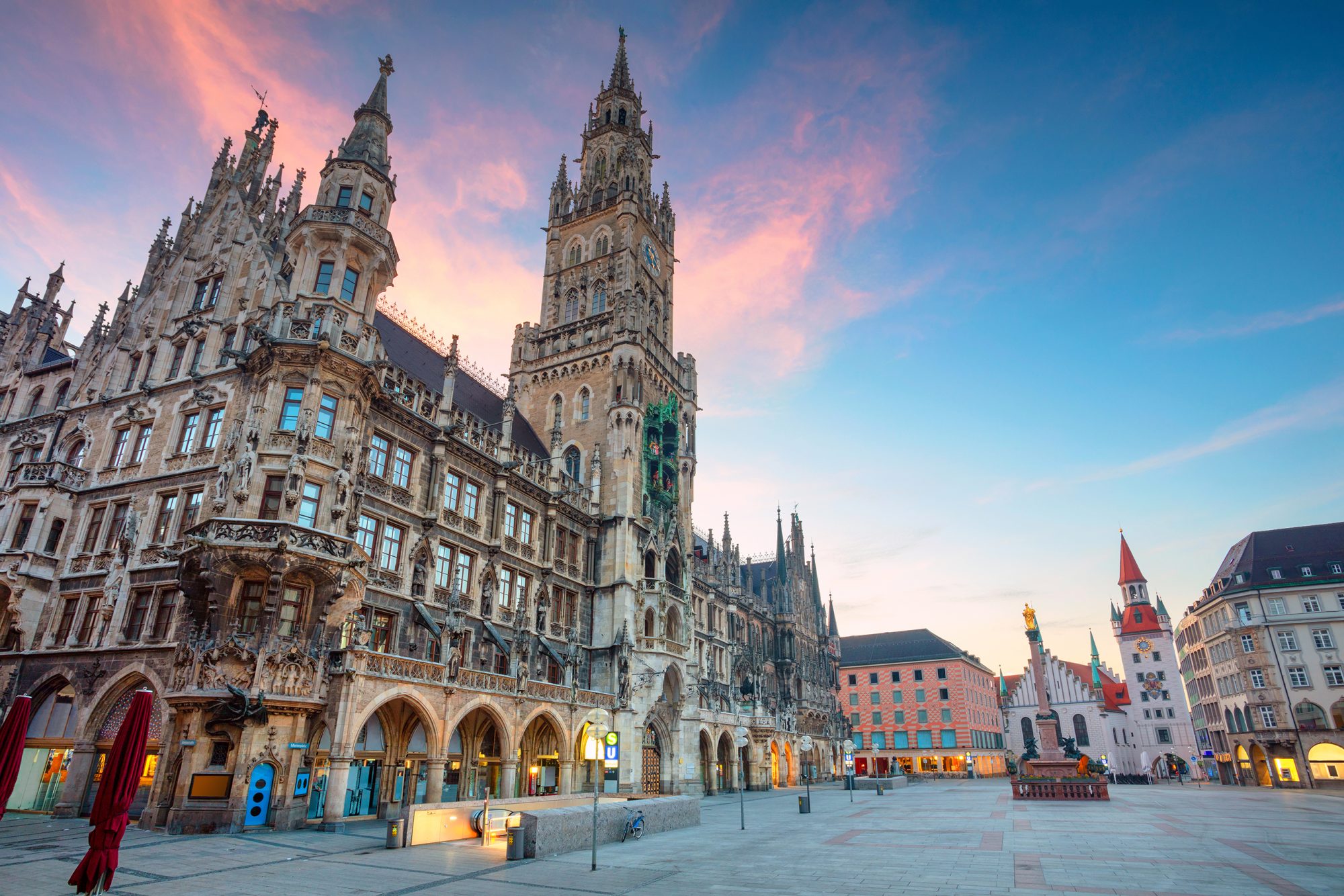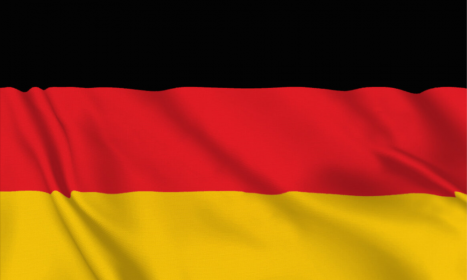The aerospace sector faces a great challenge to innovate (sustainable aviation ambitions) but also to survive until these innovations are implemented. The sector is one of the long haul and it is important that the Dutch government and other public partners are connected and visible to the sector. Only together can we put the Netherlands on the map as a frontrunner in making aviation more sustainable and can we achieve the ambition as stated in the Airbus MoU to deliver 5% of the life cycle value of future sustainable aircraft.
Partners in International Business (PIB)
The aerospace sector, like other sectors, is facing many challenges. The impact of the COVID-19 pandemic on air travel, airports, the supply chain and the necessary adaptations have impacted the sector enormously. Further challenges lie in the necessary steps to reach the goals for the coming decades, 2030: CO2 emission to the level of 2005 and zero emission for ground handling, 2050: CO2 emission reduced to 50% of the level of 2005 and domestic aviation to zero emission, 2070: zero emission for the entire aviation. The transition to sustainable aviation will give rise to new demands, changes in the existing supply chain, new players and OEMs with new supply chains and new business opportunities in leading aerospace countries Germany and France.
The Dutch aerospace sector is especially innovative with a proven triple helix approach and stands a real chance to acquire a position with matching earning power in the current race to sustainable future of aviation. This public private partnership and the connected consortium will contribute to the realization of the Dutch business opportunities in the next three years and will ensure a long-term position for the Dutch innovations and companies in the future supply chain of sustainable aviation. The PIB and the cooperation with the consortium will contribute to the realization of the Dutch business chances in the coming three years and will position the Dutch aerospace industry in the future supply chain of the future sustainable aviation.
PIB Dutch Aces
PIB Dutch Aces
The Partners for International Business (PIB) Dutch ACES started in 2022, as a two-year program. This PIB is another example of a collaboration between the Dutch aerospace ecosystem and government. The Partners for International Business (PIB) is a support program of the Dutch government, in which Dutch companies cooperate in a public-private partnership to achieve international ambitions to position Dutch solutions in the international market. The program fosters the cooperation between the Netherlands, Germany, and France in aerospace. Additionally, it works on the innovations needed for the further steps in sustainable aviation. The PIB aims to add to the Dutch goals of ‘Solving Global Challenges Together”. The PIB Dutch ACES stands for Aligned ambition, Creative Dutch Solutions, Excellence in delivery, for a Sustainable aviation. The collaboration was signed on February 11, 2022. Recently, a 6-month extension of the PIB has been granted. By which the PIB will come to a natural end by the end of June 2025. Prior to this date, two additional trade missions will take place: one to Munich (DE) on January 14-16 and one to Marseille (FR) in March of 2025.
The aerospace sector, like other sectors, is facing many challenges. The impact of the COVID-19 pandemic on air travel, airports, the supply chain, and the necessary adaptations have affected the sector enormously. Further challenges lie in the necessary steps to reach the goals for the coming decades, 2030: CO2 emission to the level of 2005 and zero emission for ground handling, 2050: CO2 emission reduced to 50% of the level of 2005 and domestic aviation to zero emission, 2070: zero emission for the entire aviation. The Toulouse declaration has been signed by the industry and European countries, amongst whom the Dutch, German, and French governments. The declaration recognizes the importance of aviation in ensuring and improving regional and global multimodal connectivity for Europe and the rest of the world. Furthermore, it reaffirms the commitments set out in the Declaration of the International Aviation Climate Ambition Coalition agreed at COP26. The declaration also refers to Destination 2050. Royal Netherlands Aerospace Centre and SEO Amsterdam Economics have provided the scientific basis for this pathway. The transition to sustainable aviation will give rise to new demands, changes in the existing supply chain, new players and OEMs with new supply chains and new business opportunities in leading aerospace countries Germany and France.
The PIB-cluster is comprised of nine companies who are part of the Dutch aerospace ecosystem. The companies are: ADSE, Aeronamic, Airborne, GKN Fokker, KVE Composites Group, Royal NLR, Pronexos, Surface Treatment and Toray Advanced Composites., supported by the Ministries of Economic Affairs and Climate Policy and Infrastructure and Water Management. Together these companies strive to position the Netherlands as an innovative and reliable partner in the coming challenges in the aerospace market in France and Germany.


